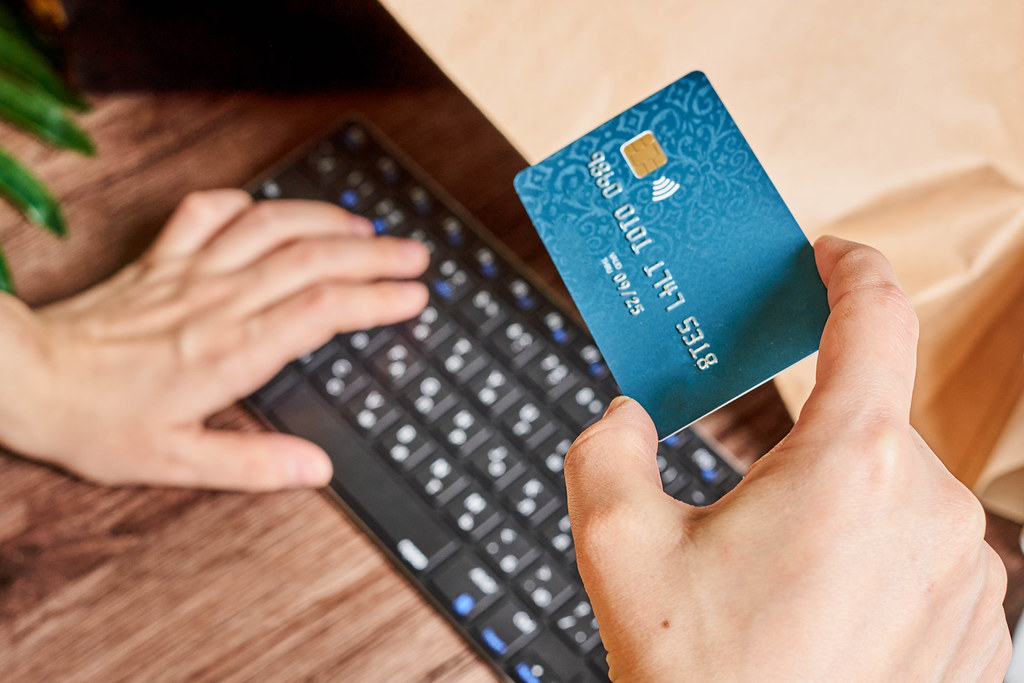You need to buy a gift for a vacation and you need to buy it quickly. You can brave madness shopping at your local mall or kick back home and buy all your gifts online. Doing your vacation shopping online can be a great way to save time when you find the right gift at the best price. You will skip the parking war, avoid getting flu from your fellow buyers, and stay out of Crosshairs Pick-Sockets’. But even though it might be easy and convenient to shop at your pajamas, you still need to take precautions to ensure your ‘string wallet’ is safe and safe. Here are some simple tips for safe online shopping:
Secure your computer. Make sure your home computer has updated security software, and runs a regular system examination to keep the hacker’s keylogging virus.
Just shopping from home. Don’t do your online shopping from a local cafe, airport or other public places. This open network is easier target for identity thieves to be hacked to your computer. Just shop from your secure home network.
Click with carefully. Your favorite shop just sent you a good coupon! But wait! Before you click on the email link, make sure where they lead. Email scams can look like the original of your favorite store, with a link that appears to take you to a legitimate site. But navigate floating on the link and you might see a different web address – this can be a fake site, designed to collect your credit card information for fraud. Your safest bet is navigating manually to your favorite retailer website.
Know your trader. One of the best parts of online shopping easily compares prices to find many things. You can find the gift you want half the price – but make sure the traders have a good reputation and can be trusted. If you have not done business with traders before, find online reviews. Using an aggregator like Amazon.com and Yahoo Shopping is another good way to make sure your trader doesn’t take you to ride the sleigh of fraud.
Key your site. When you visit the retailer’s website, look for “HTTPS” at the beginning of the URL. It’s “s” – along with a small gold key in the lower right corner of your browser – show additional security levels for your online shopping.
Exit. Always log out safely when leaving a website.
Check whether your payment details are saved. Some online shopping sites ask if you want to save your payment details for future purchases. It is always useful for storing your information, especially if you often use that site. But, note this on a well-known website.
Compare ‘real’ prices. Make sure you know how much you will be subject to a shipping fee, and if there is a tax or a fee that will be added to your online purchase. This ‘extra’ can increase quickly, so make sure you enter it when a comparison of shopping. Many retailers offer free shipping around holidays, and others allow free shop pickup from your online purchases – an easy way to add additional savings to shopping your vacation.
Know the return policy. Read the merchant return policy before making your purchase. One weakness of online shopping is the inability to ‘try it’ or see items before buying, so make sure your traders offer an easy way to restore / restore your purchase if it’s not what you expect.
Select credit – not discharge. If possible, use a credit card to pay for online purchases. Federal law limits your obligations to $ 50 if there is fraud. Better yet, many credit card companies will ignore this responsibility, and offer advanced fraud protection and detection programs to keep you safe.
Keep an eye on. If you do a lot of online shopping, be sure to check your account reports and your credit card regularly to verify all costs. If you have questions about suspected transactions or fraud, immediately contact your financial institution.

